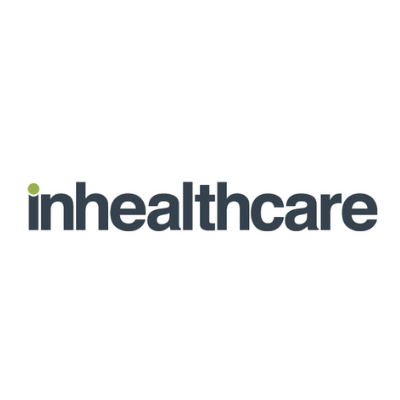Just as digital technology was at the forefront of our response to the pandemic, it will be central to the biggest catch-up programme in NHS history. Despite heroic and herculean efforts from NHS staff, waiting lists continue to rise as the NHS grapples with workforce problems, patient flow, and discharge into social care and community, A&E pressures and Covid. The total number of people awaiting elective procedures reached 6.61 million at the end of May, up two per cent on April. Referrals increased to 1.73 million, the second highest month since the start of the pandemic, according to most recent figures.
The NHS Confederation has called for “honesty and realism” about what its members can achieve. NHS England has set a target of delivering over 10 per cent more elective activity than before the pandemic – to be scaled up to 30 per cent more by 2024-25 – and eliminate waits of more than a year for elective care.
Health tech can help make this happen. We are already moving in the right direction. Clinicians carried out the highest ever number of diagnostic tests and checks in May. Completed pathways have risen to 99 per cent of pre-pandemic levels. Obstacles remain but with innovation from the UK health tech sector – which will be on full display at the forthcoming HETT Show – we predict a steady recovery for the NHS.
At Inhealthcare, we are playing our part in supporting elective recovery. During the pandemic, we delivered England’s biggest remote monitoring programme, extending NHS care to more than 25,000 Covid patients with the Oximetry @ Home service across the southern counties. Research showed the service considerably improved patient outcomes, reducing the odds of longer length hospital stays and mortality. ICSs are using the same underlying infrastructure to set up ‘virtual wards’ for people with respiratory conditions.
Elsewhere, Inhealthcare is helping a local health and care record to improve the flow of information between organisations delivering care in primary, secondary and community settings. The project will help the NHS to spot efficiency savings, see patients and their status at any time and free up hospital beds with confidence that discharged patients will be picked up by community providers.
Earlier this year, Inhealthcare won the NHS contract to support the scaling up and mainstreaming of remote monitoring services across Scotland. Working closely with clinicians, we are building pathways to support patients with conditions including Covid, hypertension, asthma and prostate cancer. The roll-out will help citizens play a greater role in the management of their health and support clinicians in their diagnosis, treatment and care decisions. This national development represents another major validation of digitally-enabled care.
It is vital that staff, patients and citizens have confidence in the integrity of digital health services. We invest continuously to make sure our company satisfies the latest NHS clinical safety, data protection, technical security, interoperability and usability and accessibility standards and we meet all the NHSE criteria for technology providers delivering virtual wards. Patients have a choice of communication channels including smartphone app, web browser, SMS text, and automated telephone call, promoting digital inclusion. Tellingly, around a quarter of patients prefer to use the traditional telephone landline.
The NHS Confederation predicts the elective backlog and funding will be among the biggest issues the new Prime Minister is going to face. Health tech will help the NHS along the path to elective recovery.
We'll see you at HETT 2022
%20(1).png?width=500&height=58&name=HETT%20insights%20logo%20RGB-04%20(1)%20(1).png)


